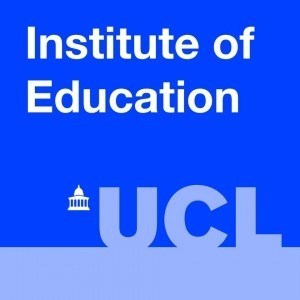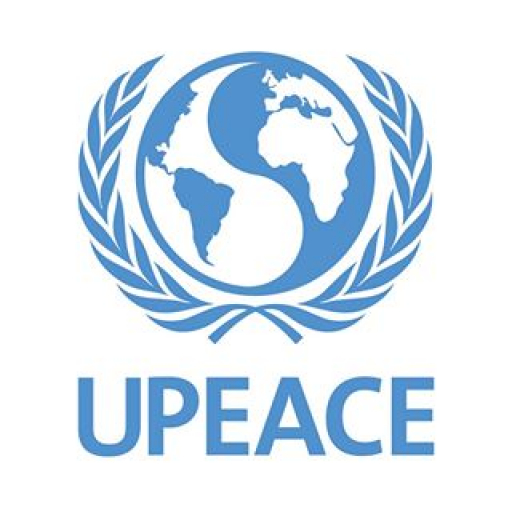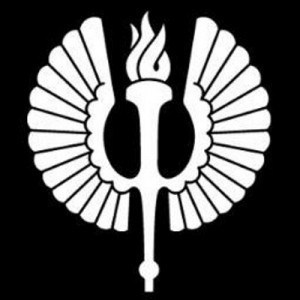Photos of university / #utrechtuniversity
Gender Studies at Utrecht University offers a comprehensive and interdisciplinary exploration of gender as a fundamental aspect of human society. This programme examines the ways in which gender influences cultural, social, political, and economic structures across different historical periods and regions. Students will analyze gender identities, inequalities, and power relations, gaining critical insights into issues such as feminism, masculinity, LGBTQ+ studies, sexuality, and gender-based violence. The curriculum combines theoretical frameworks with empirical research, encouraging students to develop a nuanced understanding of gender dynamics and to engage with contemporary societal debates. Throughout the programme, students will participate in lectures, seminars, internships, and research projects, fostering both academic and practical skills. Utrecht University’s Gender Studies programme emphasizes an inclusive and global perspective, challenging students to think critically about their own assumptions and to contribute to efforts aimed at promoting gender equality and social justice. Graduates will be prepared for careers in policy-making, advocacy, education, research, media, and various sectors where gender issues are central. The programme also provides a solid foundation for further academic research or doctoral studies in gender-related fields. With a diverse and internationally oriented academic community, students at Utrecht University benefit from a stimulating environment that encourages open dialogue, critical thinking, and innovative ideas. Joining this programme means becoming part of a vibrant academic tradition committed to understanding and transforming the role of gender in society.
Gender Studies at Utrecht University offers a comprehensive and interdisciplinary approach to understanding gender and its impact on society, culture, politics, and individual identities. The programme is designed to explore the complex ways in which gender influences various social phenomena and to critically examine gender roles, inequalities, and representations across different contexts. Students will engage with historical, cultural, and social perspectives, gaining insights into issues such as gender equality, power dynamics, sexuality, intersectionality, and feminist theories.
Throughout the programme, students will develop critical thinking and analytical skills by studying diverse sources, including literature, media, policy documents, and ethnographic studies. They will learn to apply theoretical frameworks to contemporary and historical issues, fostering a deeper understanding of how gender intersects with race, class, ethnicity, and other social categories. The curriculum combines core courses in gender theory and methodology with specialization options allowing students to focus on areas such as gender and society, gender and media, gender and identity, or gender and politics.
The programme emphasizes both academic research and practical application. Students will have opportunities for internships, fieldwork, and collaboration with external organizations to gain real-world experience. They will also learn to communicate effectively their ideas through written reports, presentations, and discussions. The faculty, comprising leading experts in gender studies and related disciplines, provides mentorship and supports students in developing independent research projects.
Graduates of the Gender Studies programme at Utrecht University will be equipped with valuable skills for careers in academia, policy-making, advocacy, journalism, social work, and international organizations. They will be prepared to contribute to societal debates on gender issues and to promote equality and inclusion in various professional contexts. The programme encourages critical reflection on personal and societal assumptions about gender, fostering graduates who are engaged, informed, and capable of creating positive change.
Other requirements
Tuition fees for the Bachelor's and Master's programmes in Gender Studies at Utrecht University vary depending on the student's nationality and the specific degree track. For Dutch students and students from the European Union/European Economic Area (EU/EEA), the annual tuition fee for the Bachelor's programme is approximately €2,209. For non-EU/EEA students, the Master's programme tuition fee is higher, amounting to around €18,750 per year. These fees are subject to change annually and may be adjusted by the university or government regulations.
Students are advised to verify current tuition fees directly on Utrecht University's official website or contact the university's admissions office for precise figures and updates. In addition to tuition fees, students should consider the costs of living in Utrecht, which include accommodation, food, transportation, study materials, and health insurance. The estimated living expenses for students in Utrecht are approximately €12,000 to €15,000 per year.
Utrecht University offers various scholarships and financial aid options to support international and domestic students. These include the Utrecht Excellence Scholarships, which are aimed at talented non-EU/EEA students applying for master's programmes, and other faculty-specific scholarships. Additionally, students may seek external funding from government grants, private foundations, or their home country scholarships.
For students from the EU/EEA, Dutch student finance options are available, which can cover tuition fees and living expenses, depending on eligibility criteria. International students from outside the EU/EEA often rely on scholarships, personal savings, or student loans to finance their studies. Moreover, Utrecht University provides guidance on applying for available funding, budgeting, and planning finances accordingly.
Students are encouraged to review the detailed financing opportunities and application procedures on the university's official website. It is important to start financial planning early, as some scholarship applications have specific deadlines. The university also provides resources and counseling to help students explore all possible funding avenues for their studies in Gender Studies.
Gender Studies at Utrecht University offers a comprehensive interdisciplinary program that explores the complex roles of gender and sexuality in societies worldwide. The curriculum is designed to provide students with a critical understanding of the social, cultural, political, and historical dimensions of gender. Through a combination of theoretical frameworks and empirical research, students learn to analyze how gender influences various aspects of life, including identity, power relations, norms, and institutions. The program emphasizes the importance of diversity and intersectionality, examining how gender intersects with race, ethnicity, class, sexuality, and other social categories. Students are encouraged to develop a critical perspective on societal issues such as inequality, discrimination, and social justice, preparing them for careers in academia, policy, activism, or cultural consultancy. The program offers a variety of courses, seminars, and research opportunities, often collaborating with other disciplines such as Sociology, Anthropology, and History. Utrecht University's Gender Studies program also provides students with practical skills in qualitative and quantitative research methods, data analysis, and academic writing. Furthermore, the university fosters an inclusive academic environment that promotes critical thinking, open dialogue, and engagement with contemporary debates on gender and sexuality. Students have access to a range of resources, including specialized libraries and research centers. The program can be pursued at the Bachelor's and Master's levels, with the possibility of engaging in international exchanges and internships. Graduates of the program are well-equipped to contribute to social change and policy-making processes, addressing issues such as gender inequality, human rights, and social inclusion.







